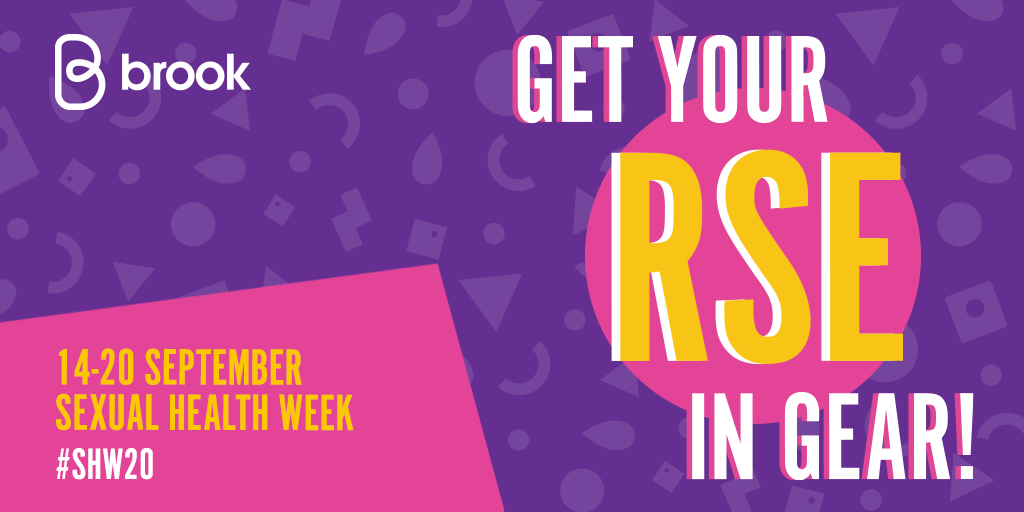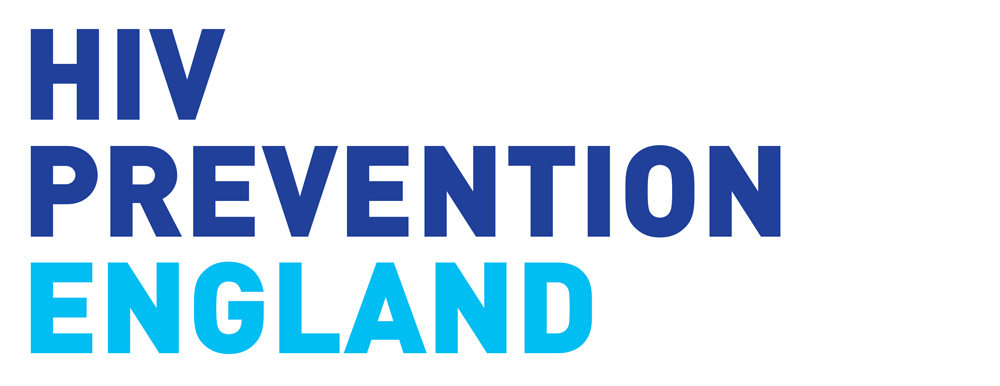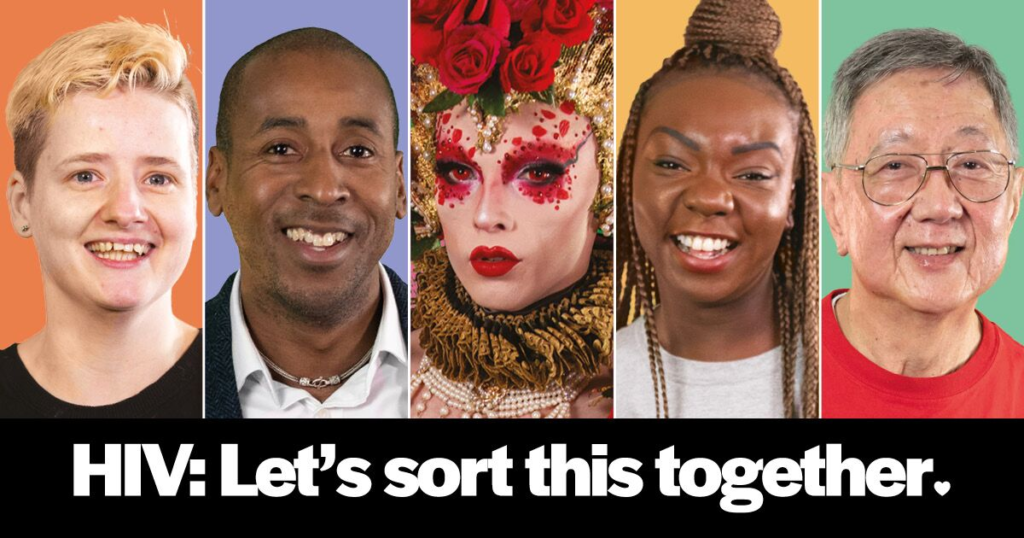
The theme of this year’s Sexual Health Week is ‘Get your RSE in gear’, focusing on the introduction by the Department of Education of compulsory Relationships Education for primary pupils and Relationships and Sex Education (RSE) for secondary pupils this month in England.
Despite the impact the school curriculum has faced since March 2020 due to COVID-19, schools are being encouraged to begin teaching RSE. The subject is now compulsory, with schools who are facing challenging circumstances being advised to begin lessons by at least the start of the summer term 2021.
The implementation of compulsory RSE provides an opportunity to provide young people with the tools and skills they need to have good sexual health, and enable them to make informed decisions which impact their wellbeing. It will also provide young people with the education they need to learn about HIV and sexually transmitted infections (STIs).
What support do teachers need?
– Dave Grimmett, Head of PHSEE, Highgate Wood School
‘RSE is an important part of every student’s education which should not be underestimated. RSE empowers students to make informed life choices in situations which may affect their mental or physical health, RSE also holds the power to reduce the negative consequences of these decisions in the future.
‘RSE is often thought of as being focussed on romantic and/or sexual relationships. However, it also empowers students to become better citizens by encouraging them to value or at least appreciate the differences of others’ states of being, experiences, choices and beliefs. Whether this relates to gender, sexuality, culture or religious custom it inspires students to reflect on their own actions and how this may positively or negatively impact on someone else. In other words we are teaching students to be kind in their adult relationships, a trait which we try to instil at a young age in friendships but don’t always discuss as they become older.
‘My school highly welcomed RSE becoming compulsory as it has provided us with a greater understanding of what education young people need rather than what areas we think we should cover. It was validating as I felt our school had already delivered key areas of RSE, but it was obvious there were subjects we still needed to tackle.
‘As we create and update our curriculum, it is the perfect time to be innovative in what is taught and the way it is taught. This can be daunting for schools and colleagues who are new to teaching the content or have limited experience of teaching RSE. It may also be difficult for some schools to know how to adapt to the change, and to create enough time and space for RSE to be taught effectively, although this is important.’
Teachers can be supported with practical information from experienced health professionals and Voluntary, Community and Social Enterprise (VCSE) partners including:
- The shared experiences of how to approach sensitive issues in group settings.
- Examples of group activities that deliver health promotion work effectively that teachers could adapt to deliver RSE.
- Resources such as videos or stories that communicate with young people clearly and could be used as a platform for further discussion and learning.
- Key contacts in your organisations who can liaise with RSE leads in local schools and pass on relevant information and messages across local authorities.
- Willing colleagues visiting schools or engaging via video conferencing to speak with RSE teachers and other key groups such as students school councils to answer questions they may have or to provide advice.
- As the experts in sexual health, provide particular messages or local campaigns you want teachers to share with young people in your area.
While teachers and educational professionals are updating their curriculums and ensuring the professional development of RSE leads and their peers includes training on RSE, now is the best time to embed good practice and creatively share ideas and experiences.
Sexual health and HIV prevention ambitions
The Government has made clear commitments to establishing a national sexual health strategy to tackle increasing rates of STIs, and to reducing new HIV transmissions to zero by 2030.
The introduction of compulsory RSE adds vital support to these initiatives achieving their targets. Not only does RSE educate current and future generations of young people, but it also increases the volume of professionals working within the systems that can nurture good sexual health.
Health professionals working in sexual health and HIV, including those from VCSE organisations, commissioners and public health experts, clinicians and researchers, must support teachers as they navigate the new curriculum.
Educational professionals can provide vital expertise and pathways to reaching young people, who are some of the most disproportionately affected populations by high rates of STIs.
‘Get your RSE in gear’ is a perfect call to action to encourage experts in sexual health and HIV to think about how they evaluate the support they provide to educational professionals, and to motivate teachers to deliver good quality and engaging RSE in their classrooms.

